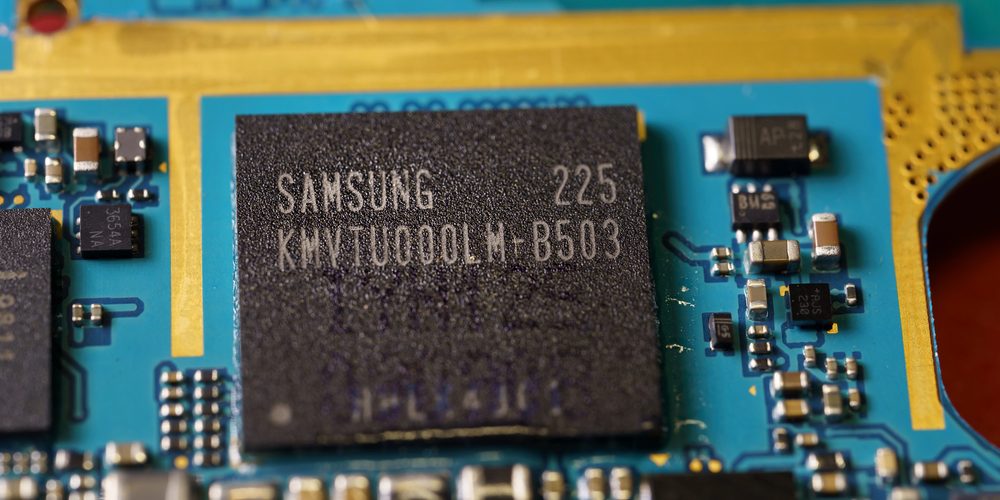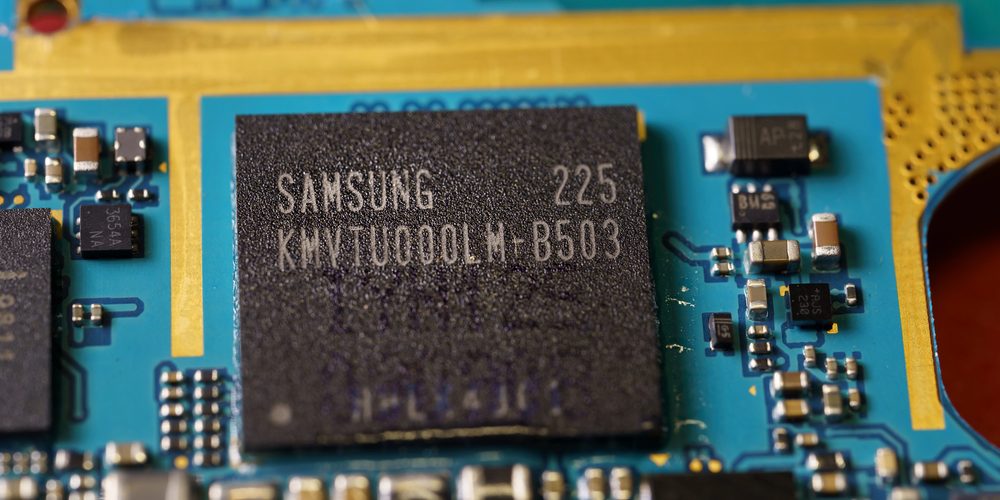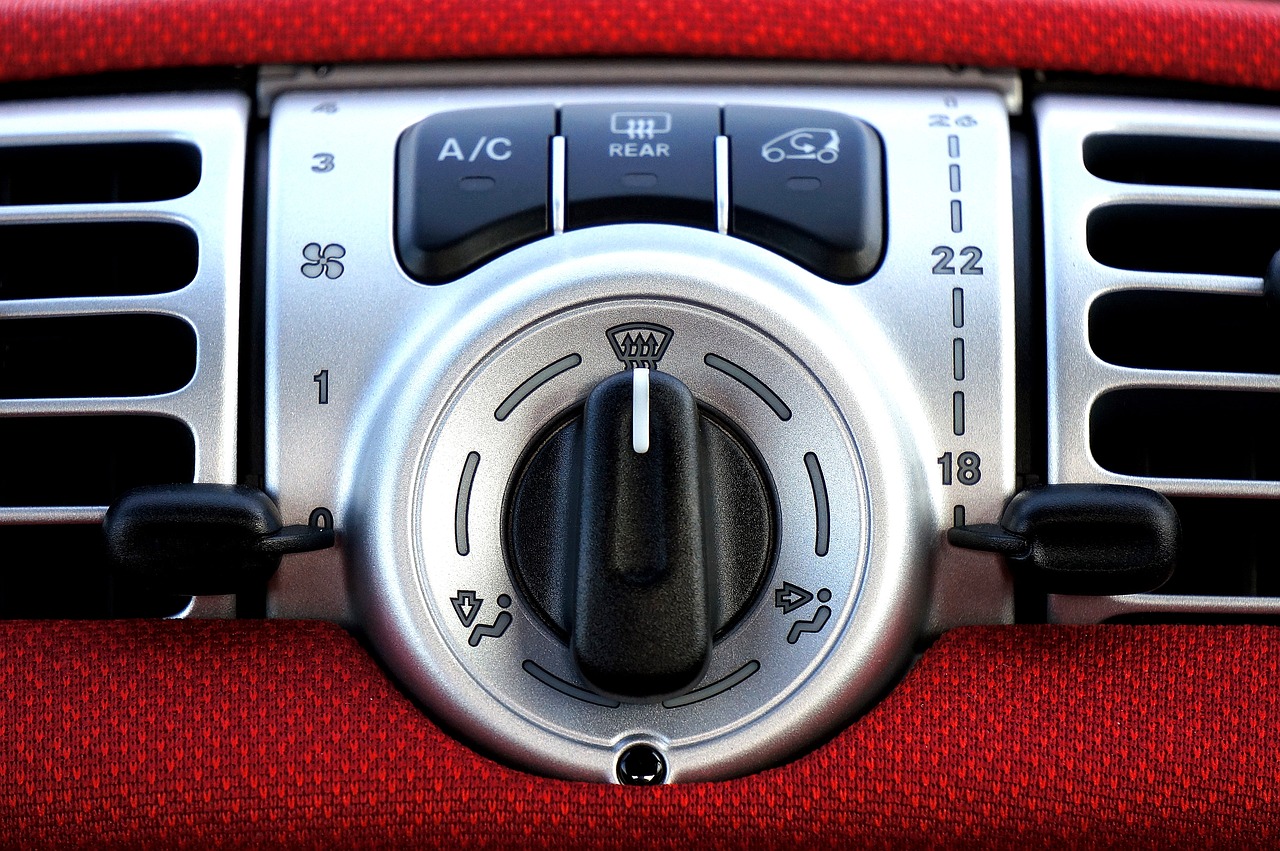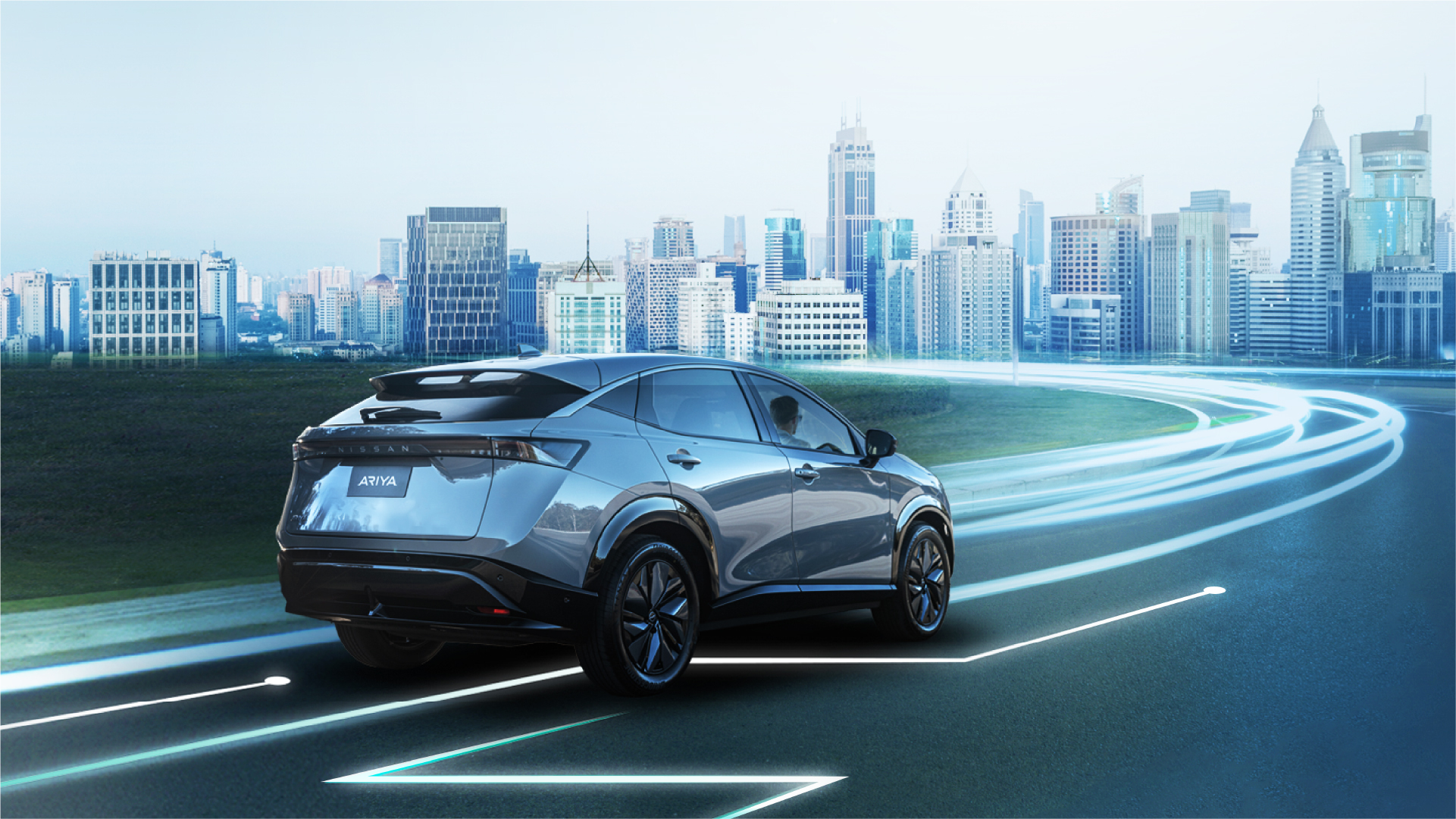Elon Musk Confirms $16.5B Tesla Chip Deal With Samsung


- Samsung’s Texas fab to produce Tesla’s next-gen AI6 chip
- Elon Musk says the partnership’s value could exceed the reported $16.5 billion
- Samsung gains manufacturing rights while Tesla assists with fab efficiency
Samsung Electronics has secured a major $16.5 billion semiconductor supply deal with Tesla, according to a regulatory filing and confirmation by CEO Elon Musk. The South Korean tech giant disclosed the contract’s size without naming its partner, but Musk later confirmed the identity via posts on X.
“Samsung’s giant new Texas fab will be dedicated to making Tesla’s next-generation AI6 chip,” Musk wrote. “The strategic importance of this is hard to overstate.”
The contract officially begins with the receipt of orders on July 26, 2025, and will run through December 31, 2033. Though Samsung said it would not publicly name its customer until the agreement’s expiration, citing trade secret protections, Musk’s statements effectively confirmed the partner as Tesla.
“Samsung agreed to allow Tesla to assist in maximizing manufacturing efficiency,” Musk added. “This is a critical point, as I will walk the line personally to accelerate the pace of progress.” He also suggested the partnership may grow beyond the $16.5 billion value currently disclosed.
The announcement sent Samsung shares soaring more than 6% on Monday, reaching their highest level since September 2024.
Before Musk’s confirmation, analysts had speculated Tesla was the counterparty, including Ray Wang of The Futurum Group. Bloomberg also reported Tesla was behind the deal, citing unnamed sources.
Samsung’s foundry services manufacture semiconductors based on client-provided designs. The company is currently the world’s second-largest foundry provider behind Taiwan Semiconductor Manufacturing Company (TSMC), which will initially produce Tesla’s AI5 chip in Taiwan and then in Arizona.
Samsung has announced plans to begin mass production of 2-nanometer chips as part of its next-generation foundry roadmap. Smaller nanometer processes mean more powerful and energy-efficient chips — a key factor for AI applications like Tesla’s autonomous driving platforms.
Despite the contract win, Samsung continues to face challenges in its broader chip business. It has fallen behind SK Hynix and Micron in delivering high-bandwidth memory (HBM) chips, a critical component for AI workloads. SK Hynix currently supplies these chips to Nvidia and leads the global HBM market.
Samsung is reportedly working to certify its latest HBM chips with Nvidia, but South Korean media suggest that certification has been delayed until at least September.
The company is scheduled to report second-quarter earnings on Thursday. Analysts expect profits to decline more than 50%, in part due to weak demand in its foundry division and limited traction in AI-related memory sales.
If you enjoyed this article, be sure to follow us on Microsoft Start.









